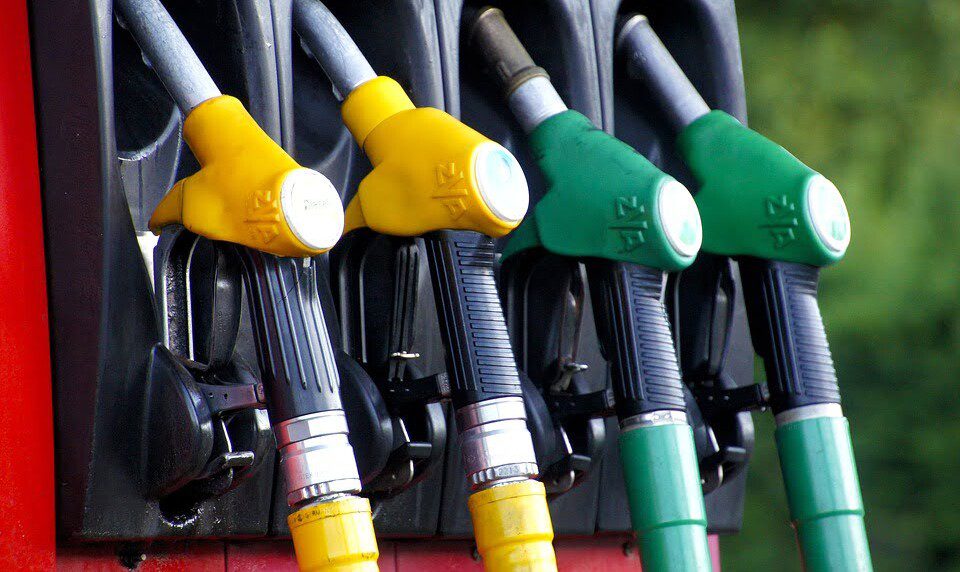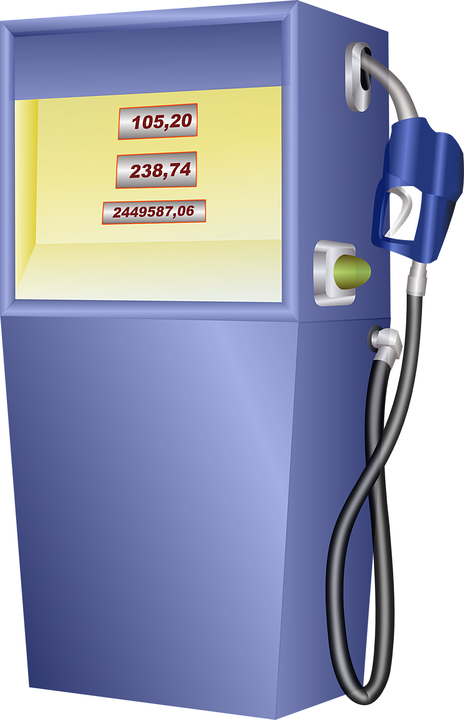
Unless you’re a car aficionado or a mechanic, you likely know nothing about the vital components of an engine. Typically, you put gas in, turn the key, and hey presto, it starts. However, each component has a specific task and is essential to the overall operation of the system. A fuel pump is one of these important components.
Today, vehicles are made to be robust and reliable, but occasionally things go wrong. If you have ever noticed a high-pitched drone or buzzing sound coming from deep in your gas tank, then it’s likely to be the pump, and it’s probably in the throes of failure.
A fuel pump sound can be incredibly annoying, especially from inside the car, but most people ignore the warning signs because it can still operate quite well under these circumstances. However, eventually, it will give, and it will starve your engine of gasoline, which means you’re going nowhere. It will likely happen when you need your vehicle the most. Such is life.
Maintenance is your first line of defense and can help to prevent this from happening. Below, I will give you some handy tips on how to prevent a fuel pump from making that dreaded noise.
But first.
How long should a fuel pump last?
The commonly suggested figure is 100,000 miles. You see, they are complicated to access as they are usually at the bottom of the tank. They are manufactured to be rugged and long-lasting and, in some cases, can operate much longer than the figure mentioned above. I would suggest preemptively changing the pump if your vehicle is approaching that figure, or you are replacing the gas tank, especially if you have just bought the car and don’t know its history.
For more information on fuel pumps and how to prevent them from breaking down then consider checking out this helpful article
Service the fuel filter
A fuel pump is responsible for pushing gas from the tank to the engine under pressure. It may look like it, but gas is rarely clean. It’s likely to have been contaminated during the thousands of miles it’s traveled to get to the station forecourt. Car manufacturers try to combat this by fitting filters to your vehicle. However, over time, they will clog up. Ensure the car is serviced and replace the filter periodically.
Keep the gas tank full
There are two reasons to keep your gas tank full.
- As mentioned earlier, the fuel pump on a modern vehicle is located in the tank. The pump is electronic and therefore heats up during operation. If you keep your tank full, the pump will be submerged and will always stay cool. That will prevent the critical components from overheating and breaking down.
- Additionally, the pump is placed at the bottom of the tank to help with pumping the gasoline at low levels. If dirt and debris have found its way into your tank, it would likely have settled on the bottom. A fuel pump will suck this up and could cause damage.
Use an agent in the fuel
When gas is stagnant and contaminated, it can turn into a jelly-like substance. The chances of that happening increase if you own a diesel-fueled car, and you use it infrequently and during the winter months. Gelling is a sure-fire way to clog up the filter, injectors, and the fuel pump. Consider adding an ethanol additive to your gas to prevent this. Check out this article on how to identify fuel gelling.
Choose your gas station carefully
You can extend the life of a fuel pump considerably if you are sensible about when and where you fill-up. Do not fill up your tank if the station is being filled at the same time. The process of resupplying the station will stir up all the debris sitting in its containers, which will inevitably find its way into your engine.
The best way to prevent any unwanted noise is to guard against it. Today’s pumps are durable and hard-wearing, but if yours starts to make any sounds, don’t ignore it. Take it to a garage to be inspected. Keep your vehicle in tip-top condition, and you won’t have to worry.
Read Also:






























